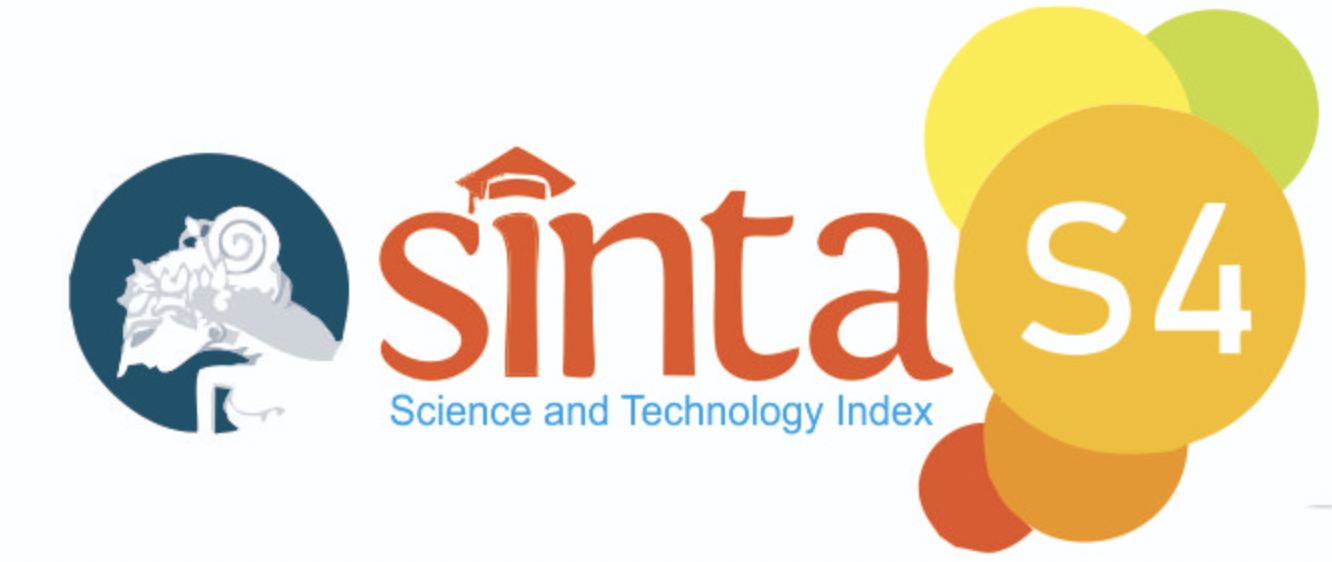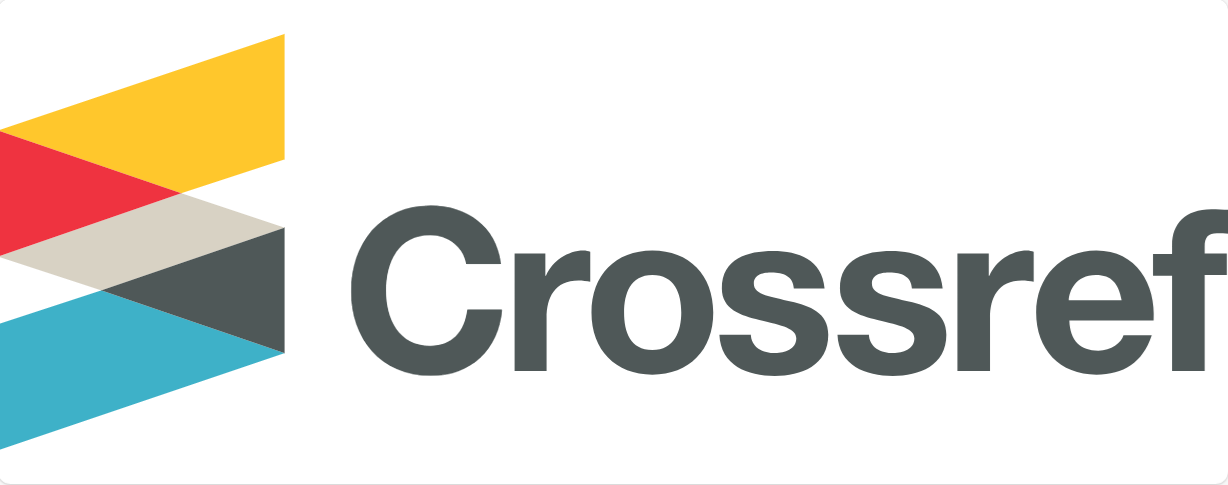Abstract
The Implementation of record management through Electronic Document and Records Management System (EDRMS) that functions to provide systematic and computerized information that can be used to identify risks. EDRMS is part of the Business Information System (BIS) that required to carry out business activity to provide efficiency for data retrieval or decision making to support business process running well, minimize the occurrence of risks, and estimate the risks that will be faced. The purpose of this study to analyze the effect of record management, especially EDRMS, through its use and function positively related to risk management in company business process. The research method used was quantitative method by distribution questionnaires the processed using the Structural Equation Modeling (SEM) method based on Variance Partial Least Square (PLS) version 3.3.3. The results of this study showed that positive and significant effect between the uses of EDRMS as an information tool which is an important factor that related with decision making to determine the risks that will faced and how to deal with them. The effect of record management and risk management based on analysis test is 71, 5% on the company’s business processes.
Bahasa Abstract
Penerapan Manajemen rekod melalui penggunaan Electronic Document dan Records Management System (EDRMS) berfungsi sebagai penyediaan informasi secara sistematis dan terkomputerasi dapat digunakan untuk mengidentifikasi risiko. EDRMS merupakan bagian dari Business Information System (BIS) yang diperlukan dalam melaksanakan suatu aktifitas bisnis terutama memberikan kemudahan pengambilan data atau pengambilan keputusan untuk mendukung kelancaran suatu proses bisnis, meminimalisirkan terjadinya risiko yang akan dihadapi. Penelitian ini bertujuan untuk menganalisa pengaruh manajemen rekod khususnya EDRSM, melalui penggunaannya dan fungsinya secara positif terkait dengan manajemen risiko dalam bisnis proses perusahaan. Metode penelitian yang digunakan adalah metode kuantitatif melalui kuesioner kemudian dioalah menggunakan metode Structural Equation Modeling (SEM) based Variance Partial Least Square (PLS) versi 3.3.3. Hasil dari penelitian ini menunjukkan bahwa terdapat pengaruh positif dan signifikan antara penggunaan EDRMS sebagai alat informasi yang merupakan faktor penting dalam hubungannya dengan pengambilan keputusan untuk menentukan risiko yang dihadapi dan bagaimana cara menghadapinya. Besarnya pengaruh manajemen rekod dan manajemen risiko berdasarkan uji analisis yaitu 71,5% terhadap bisnis proses perusahaan.
References
- Abdillah, W., & Hartono, J. (2014). Partial Least Square (PLS). Yogyakarta: Penerbit Andi
- Casadesus de Mingo, Anahi., and Cerrillo-I Martinez, Agusti. (2018). Improving records management to promote transparency and prevent corruption. International Journal of Information Management 38,pp- 256-261.
- Djohanputro, Bramantyo. (2008). Manajemen Risiko Koporat. Jakarta: PPM.
- Fahmi, Irham. (2010). Manajemen Resiko (Teori, Kasus, dan Resiko). Bandung: Alfabeta
- Ghozali, Imam. (2005). Aplikasi Analisis Multivariate dengan SPSS. Badan Penerbit UNDIP. Semarang
- Hair, et.al. (2010). Multivariate Data Analysis 7th Ed. New Jersey : Pearson Education
- Hair, et.al. (2017). A Premier on Partial Least Squares Structural Equation Modeling (PLS-SEM) 2nd Edition. Los Angeles, London, New Delhi, Singapore, Washington DC, Melbourne :SAGE
- Harrington, H.J. (1991). Business Process Improvement. New York: McGraw-Hill, Inc. How to Manage the White Space in the Organization Chart. Jossey-Bass.
- Harrington, H.J. (2011). Streamlined Process Improvement. New York: McGraw-Hill, Inc.
- IDC. (2021).. “IDC’s Global DataSphere Forecast Shows Continued Steady Growth in the Creation and Consumption of Data”.Diakses pada Februari 23, 2021. https://www.idc.com/getdoc.jsp?containerId=prUS46286020.
- International Council on Archives. (2008). Principles and functional requirements for records in electronic office environments. Diakses pada Februari 23, 2021. www.ica.org.
- ISO 15489-1. 2016. International standards information and documentation- records management. Part 1: general. International organization for standardization.
- ISO 16175-1:2010, Information and documentation — Principles and functional requirements for records in electronic office environments — Part 1: Overview and statement of principles
- ISO 31000:2018 Risk management – Guidelines, provides principles, a framework and a process for managing risk
- Kerlinger, Fred N., & Lee, Howard B. (2000). Foundations of Behavioral Research. 4 th Edition. Florida: Harcourt Inc.
- Kiklhorn, David., Wolny, Michael., Austerjost, Maximilian., & Michalik, Alexander. (2020). Digital lifecycle record as an instrumen for inter-company knowledge management. 53rd CIRP Conference on Manufacturing System. Procedia CIRP 93, pp-292-297.
- Read, Judith, & Ginn, Mary Lea. (2016). Records management (10th Ed.). Mason: South Western Cengage Learning.
- Reed, B. (2005). Records. In S. McKemmish, M. Piggot, B. Reed, & F. Upward (Eds.), Archives: Record keeping in society. Wagga Wagga: Centre for Information Studies.
- Rodreck, David. (2017). Contribution of records management to audit and accountability in government . South African Journal of Information Management ISSN: (Online) 1560-683X, (Print) 2078-1865. https://doi.org/10.4102/sajim.v19i1.771
- Sofyan, Yamin & Heri Kurniawan. (2011). Generasi Baru Mengolah Data Penelitian dengan partial Least Square Path Modeling. Jakarta: Penerbit Salemba Infotek
- Sugiyono. (2016). Metode Penelitian Kuantitatif Kualitatif dan R&D. Bandung: Alfabeta
- Susilo, Leo J., & Victor Riwu Kaho. (2014). Manajemen Risiko Berbasis ISO 31000. Jakarta: Penerbit PPM.
Recommended Citation
Puspitasari, Vina and Jannah, Miftahul
(2021)
"Analisis Pengaruh Manajemen Rekod dan Manajemen Risiko Terhadap Bisnis Proses Perusahaan Menggunakan Metode Structural Equation Modeling (SEM),"
Jurnal Ilmu Informasi, Perpustakaan, dan Kearsipan: Vol. 23:
No.
2, Article 1.
DOI: 10.7454/JIPK.v23i2.001
Available at:
https://scholarhub.ui.ac.id/jipk/vol23/iss2/1
Included in
Archival Science Commons, Collection Development and Management Commons, Information Literacy Commons







